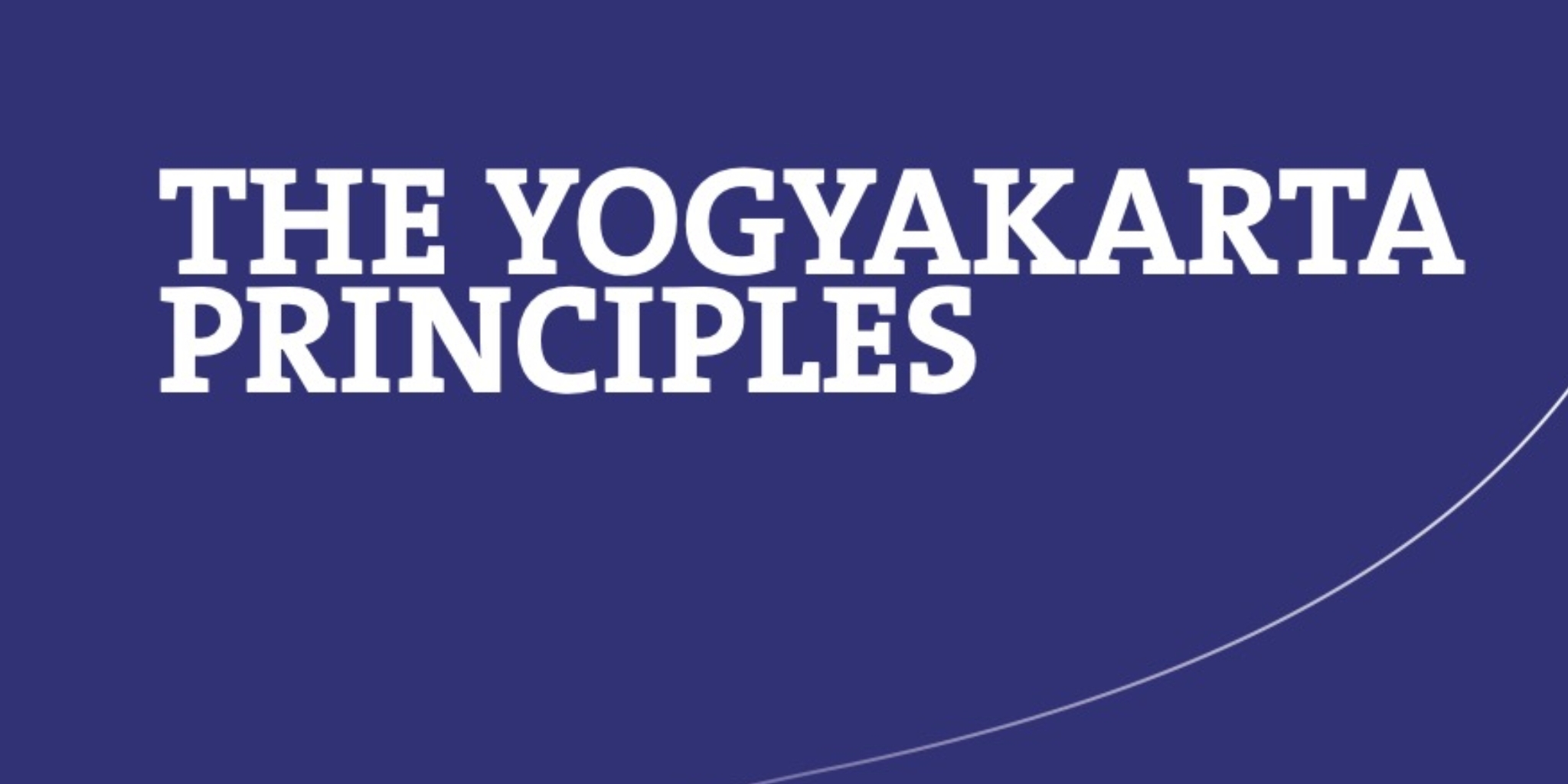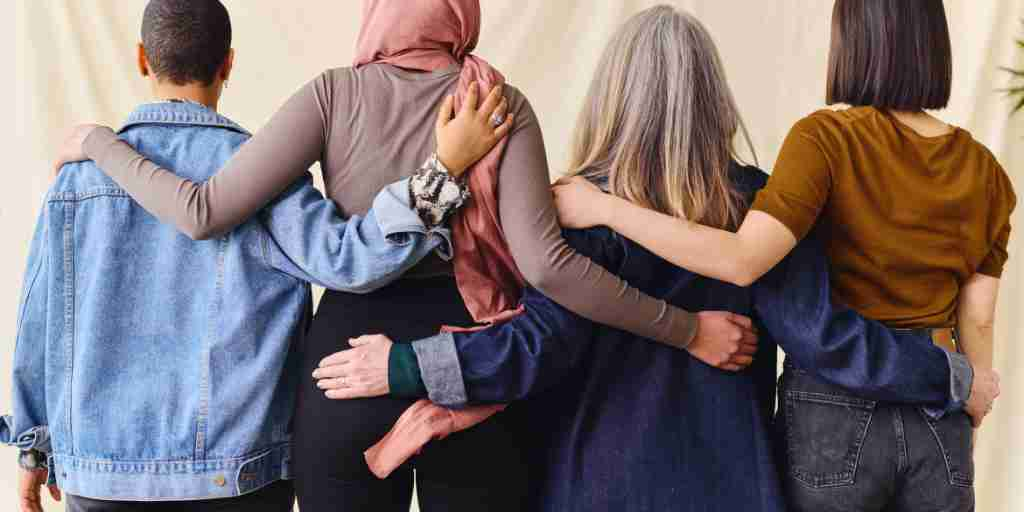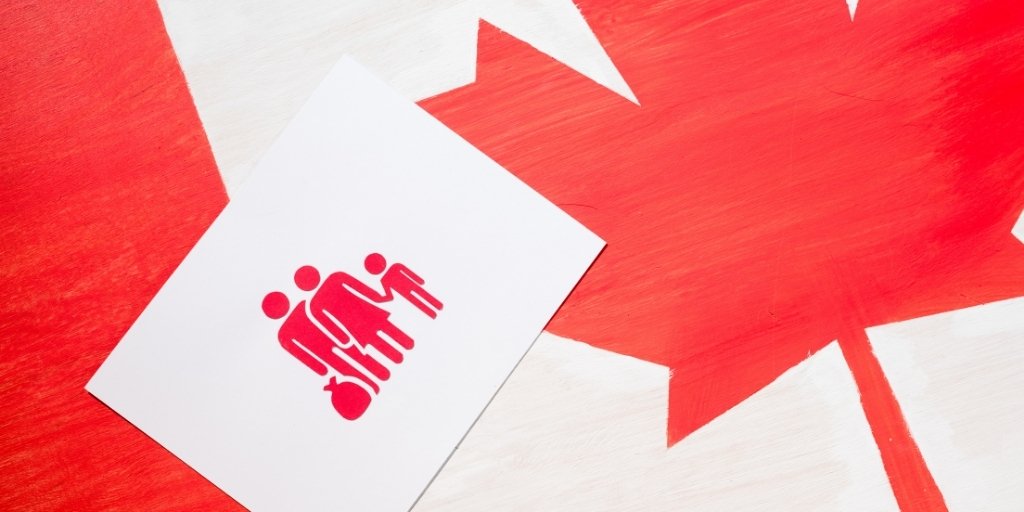The Yogyakarta Principles are a set of international legal principles that address the application of international human rights law in relation to sexual orientation and gender identity (SOGI). They were developed by a group of human rights experts in 2006 in Yogyakarta, Indonesia, to ensure that all people, regardless of their sexual orientation or gender identity, can fully enjoy their human rights. there are 29 original Yogyakarta Principles that outline obligations for states to protect and fulfill these rights.
29 Original Principles
- The Right to the Universal Enjoyment of Human Rights: All individuals, regardless of sexual orientation or gender identity, are entitled to the full enjoyment of all human rights.
- The Rights to Equality and Non-Discrimination: Everyone is entitled to equality before the law and protection from discrimination, regardless of sexual orientation or gender identity.
- The Right to Recognition Before the Law: Everyone has the right to be recognized as a person before the law, with their gender identity fully respected.
- The Right to Life: No one shall be arbitrarily deprived of life, and states must take measures to prevent violence and hate crimes based on sexual orientation or gender identity.
- The Right to Security of the Person: All people have the right to personal security, and states must protect them from violence, harassment, and torture based on sexual orientation or gender identity.
- The Right to Privacy: Individuals have the right to privacy, including the right to make personal decisions regarding their own identity and relationships without interference.
- The Right to Freedom from Arbitrary Detention: No one shall be arbitrarily arrested or detained based on sexual orientation or gender identity.
- The Right to a Fair Trial: Everyone is entitled to a fair trial and due process, regardless of their sexual orientation or gender identity.
- The Right to Treatment with Humanity While in Detention: All persons deprived of their liberty must be treated with humanity and respect, including respect for their SOGI.
- The Right to Freedom from Torture and Cruel, Inhuman or Degrading Treatment or Punishment: No one shall be subjected to torture or inhumane treatment, particularly based on sexual orientation or gender identity.
- The Right to Protection from All Forms of Exploitation, Sale, and Trafficking of Human Beings: States must prevent and address all forms of exploitation, sale, and trafficking of persons, with particular attention to vulnerabilities based on sexual orientation or gender identity.
- The Right to Work: Everyone has the right to work and to protection against discrimination in employment on the basis of sexual orientation or gender identity.
- The Right to Social Security and to Other Social Protection Measures: All persons have the right to social security and adequate living standards, without discrimination based on sexual orientation or gender identity.
- The Right to an Adequate Standard of Living: Everyone is entitled to an adequate standard of living, including food, clothing, and housing, free from discrimination based on sexual orientation or gender identity.
- The Right to Adequate Housing: Everyone has the right to adequate housing, without discrimination based on sexual orientation or gender identity.
- The Right to Education: Everyone has the right to education, and states must ensure that education systems respect diverse sexual orientations and gender identities and prevent bullying and discrimination.
- The Right to the Highest Attainable Standard of Health: Everyone has the right to health, with healthcare systems required to respect SOGI and to prevent discrimination.
- Protection from Medical Abuses: Individuals should be protected from medical procedures that are not necessary, especially those based on sexual orientation or gender identity, and must give informed consent for any medical treatment.
- The Right to Freedom of Opinion and Expression: Everyone has the right to freedom of expression, including the right to seek, receive, and impart information and ideas related to SOGI.
- The Right to Freedom of Peaceful Assembly and Association: Everyone has the right to peacefully assemble and associate, regardless of sexual orientation or gender identity.
- The Right to Freedom of Thought, Conscience, and Religion: Everyone has the right to freedom of thought, conscience, and religion, without discrimination based on sexual orientation or gender identity.
- The Right to Freedom of Movement: Everyone has the right to freedom of movement and residence within their own country, and to leave any country, including their own, regardless of sexual orientation or gender identity.
- The Right to Seek Asylum: Individuals who face persecution based on sexual orientation or gender identity have the right to seek asylum in other countries.
- The Right to Found a Family: Everyone has the right to found a family, with states required to recognize diverse family forms and prevent discrimination based on sexual orientation or gender identity.
- The Right to Participate in Public Life: Everyone has the right to participate in public life and decision-making processes, without discrimination based on sexual orientation or gender identity.
- The Right to Participate in Cultural Life: Everyone has the right to participate in cultural life, without discrimination based on sexual orientation or gender identity.
- The Right to Promote Human Rights: Everyone has the right to promote and protect human rights, including those related to SOGI.
- The Right to Effective Remedies and Redress: Individuals have the right to effective legal remedies and redress for violations of their human rights, regardless of sexual orientation or gender identity.
- The Right to Accountability and Access to Justice: States are obligated to ensure accountability for human rights violations and to address impunity, particularly in cases related to sexual orientation or gender identity.
These principles serve as a guide for states to ensure that all individuals, regardless of their sexual orientation or gender identity, can enjoy their human rights without discrimination.
Additional Recommendations
There is also an Additional Recommendations section in the original Yogyakarta Principles that provides specific guidance for states, the United Nations, national human rights institutions, the media, and non-governmental organizations on how to advance and protect the human rights of individuals based on SOGI. These recommendations aim to strengthen the implementation of the principles in practice. Here’s an overview of these recommendations:
For States
- Review and Reform Laws: States should review and repeal laws that criminalize homosexuality, gender nonconformity, or other aspects of SOGI. They should also enact comprehensive anti-discrimination legislation that includes protections based on SOGI.
- Ensure Access to Justice: States must ensure that victims of human rights violations based on SOGI have access to justice and effective remedies. This includes training law enforcement and judicial personnel to handle such cases sensitively and effectively.
- Protect Against Violence: States should take measures to prevent, investigate, and prosecute acts of violence against individuals based on SOGI. This includes adopting hate crime legislation and providing protection for human rights defenders working on SOGI issues.
- Promote Equality: States should promote equality and non-discrimination in all areas of life, including education, employment, health care, and family life. This includes providing public education and awareness campaigns to combat prejudice and promote acceptance of diverse sexual orientations and gender identities.
- Respect for Identity: States should respect individuals’ self-defined gender identity, including in legal documentation, and ensure that procedures for recognizing gender identity are accessible and free from abusive requirements.
For the United Nations and Other International Bodies
- Integrate SOGI into Human Rights Work: The UN and international bodies should integrate SOGI issues into their human rights work, including in monitoring, reporting, and treaty body processes.
- Support Member States: These bodies should support member states in fulfilling their obligations related to SOGI, including providing technical assistance, capacity building, and sharing best practices.
- Mainstream SOGI in Development Programs: The UN and other international organizations should ensure that issues of SOGI are mainstreamed into their development programs and policies.
For National Human Rights Institutions
- Monitor and Report: National human rights institutions should monitor and report on human rights violations based on SOGI, providing recommendations to the government on how to address these issues.
- Educate and Advocate: These institutions should undertake public education and advocacy efforts to promote understanding and acceptance of diverse sexual orientations and gender identities.
- Engage with Civil Society: They should engage with civil society organizations working on SOGI issues, supporting their efforts and ensuring that their voices are heard in policymaking processes.
For the Media
- Promote Accurate Reporting: The media should promote accurate and respectful reporting on issues related to SOGI, avoiding stereotypes and harmful language.
- Support Human Rights: Media organizations should support the promotion of human rights for all individuals, regardless of SOGI, and highlight positive stories that challenge prejudice and discrimination.
For Non-Governmental Organizations (NGOs)
- Advocate for Change: NGOs should advocate for legal and policy reforms that protect the rights of individuals based on SOGI, including lobbying governments and raising awareness at both the national and international levels.
- Provide Support Services: NGOs should provide support services for individuals facing discrimination or violence based on SOGI, including legal aid, counseling, and safe spaces.
- Build Alliances: NGOs should build alliances with other human rights organizations to strengthen advocacy efforts and promote a more inclusive human rights framework.
These additional recommendations emphasize the collective responsibility of various stakeholders in advancing and protecting the rights of LGBTQ+ individuals globally.




